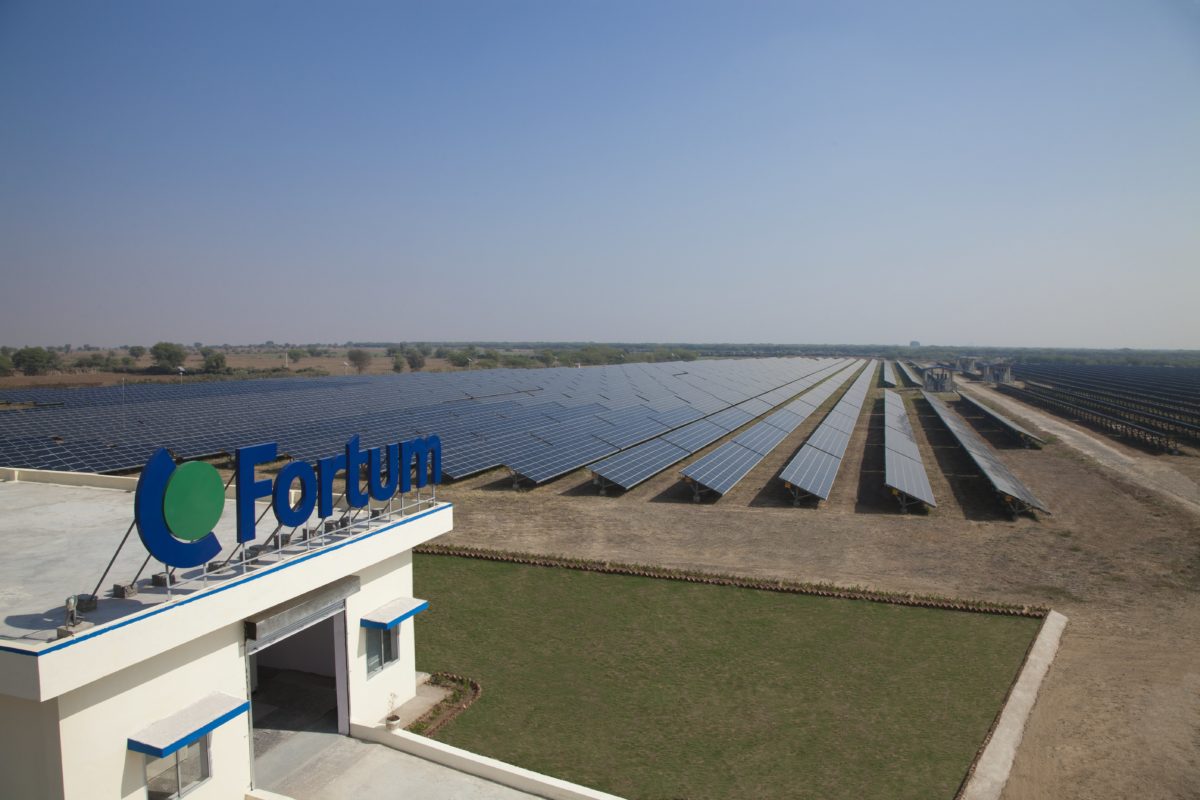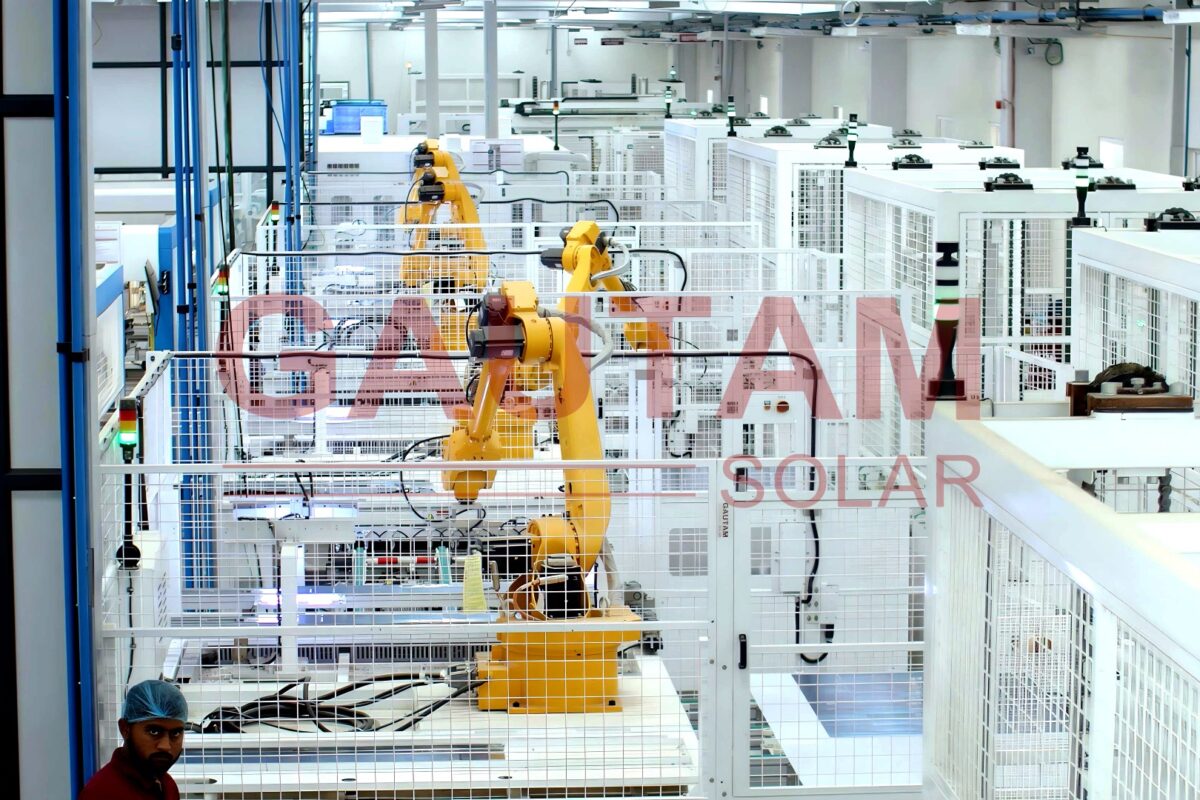As of March 2018, Karnataka had 12.3 GW of renewable energy capacity, including 5 GW of solar and 4.7 GW of wind, with the remaining 2.6 GW coming from small hydro, biomass, plus heat and power cogeneration.
IEEFA also estimates that over a decade, i.e. by 2027-28, Karnataka will more than double its renewables capacity from 12.3 GW in 2017. Thus, it will move from being a net importer of electricity to becoming a net exporter—a possibility currently constrained only by insufficient interstate grid capacity.
Declining costs have helped build momentum around the uptake of renewables, especially solar, in Karnataka. Notably, recent solar tenders in Karnataka have seen near record low bids of INR 2.82-3.06 per kilowatt-hour (kWh), considerably less than the average INR 3-5/kWh for domestic thermal power tariffs and the INR 5-6/kWh tariffs required for imported coal fired power.
In June, Karnataka introduced reverse auctions for wind-powered electricity, with an upper cap of INR 3.45/kWh, following the success of similar auctions in Gujarat and Tamil Nadu in 2017, when tariffs fell by as much as 50% to as low as Rs 2.43/kWh. Beyond the move to reverse auction wind tenders, Karnataka has been taking advantage of open access, introduction of a hybrid wind-solar development policy and steps to reverse Karnataka’s historic reliance on energy imports.
The state is part-way through building out the 2 GW Pavagada industrial solar park, the second largest solar development currently under construction in the world. Among other developers, Tata Power has won a contract to develop 250 MW (50 MW x 5) of solar projects at the Pavagada solar park. Fortum has won the right to build 250 MW solar power plant.
More recently, Chinese solar PV inverter manufacturer Sungrow officially opened its 3 GW central and string inverter factory in Bengaluru, Karnataka. This is Sungrow’s first factory outside of China.
This content is protected by copyright and may not be reused. If you want to cooperate with us and would like to reuse some of our content, please contact: editors@pv-magazine.com.









1 comment
By submitting this form you agree to pv magazine using your data for the purposes of publishing your comment.
Your personal data will only be disclosed or otherwise transmitted to third parties for the purposes of spam filtering or if this is necessary for technical maintenance of the website. Any other transfer to third parties will not take place unless this is justified on the basis of applicable data protection regulations or if pv magazine is legally obliged to do so.
You may revoke this consent at any time with effect for the future, in which case your personal data will be deleted immediately. Otherwise, your data will be deleted if pv magazine has processed your request or the purpose of data storage is fulfilled.
Further information on data privacy can be found in our Data Protection Policy.